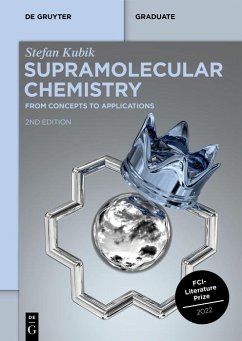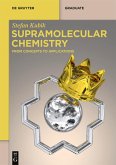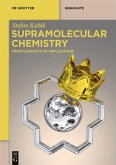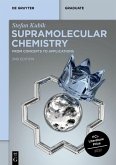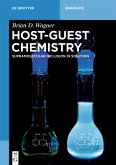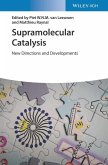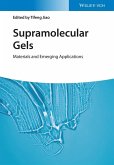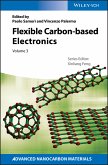In 2022 the first edition of this book won the Literature Prize of the German Chemical Industry Association VCI. For the full press release (in German): https://www.vci.de/fonds/presse-und-infos/pressemitteilungen/preisgeld-fuer-supramolekuele.jsp
Stefan Kubik studied chemistry at Heinrich-Heine-Universit"t in D¿sseldorf and at King's College in London. He graduated in 1987 with a diploma thesis in the group of Prof. Dr. G. Wulff, and received his Ph.D. in 1992. In 1993 he spent one year as a post-doc in the group of Prof. J. Rebek Jr. at M.I.T. After returning to D¿sseldorf in September 1994, he began investigations on the host-guest chemistry of cyclopeptides containing non-natural aromatic amino acid subunits. This work led to his Habilitation in April 2002. Between March 2003 and October 2004, he taught organic chemistry at Bergische Universit"t Wuppertal as a substitute professor. Since November 2004, he is full professor at Kaiserslautern University of Technology. He is an author of more than 100 publications.
Dieser Download kann aus rechtlichen Gründen nur mit Rechnungsadresse in A, B, BG, CY, CZ, D, DK, EW, E, FIN, F, GR, HR, H, IRL, I, LT, L, LR, M, NL, PL, P, R, S, SLO, SK ausgeliefert werden.

